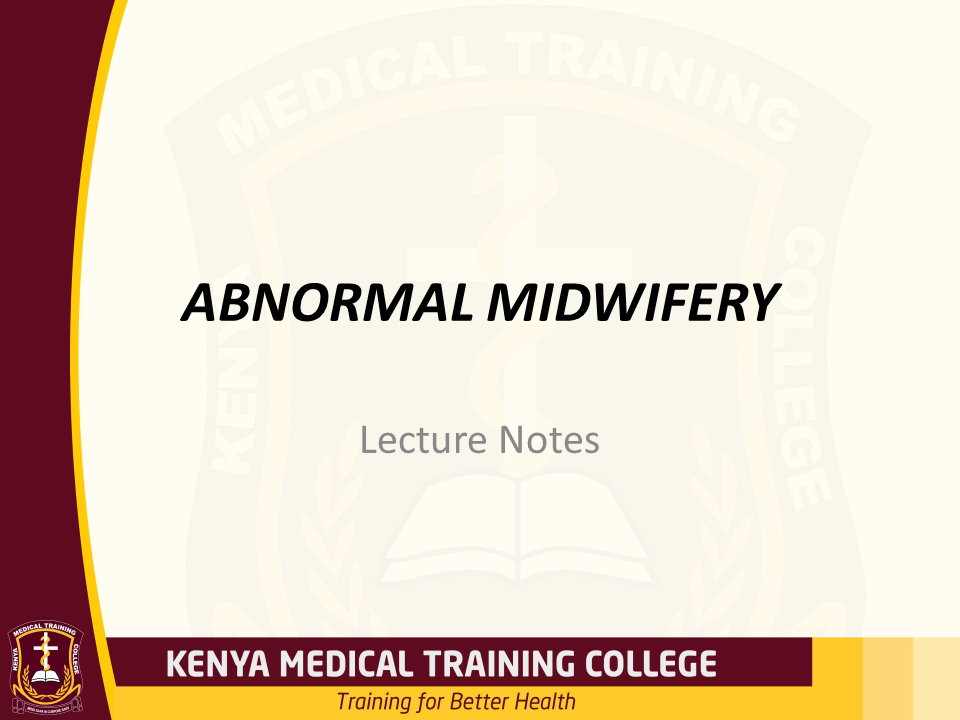- Pulmonology
- Clinicals
Acute Bronchitis: Causes, Symptoms and Treatment
- Reading time: 3 minutes, 0 seconds
- 214 Views
- Revised on: 2020-09-13
Acute bronchitis is inflammation of the upper airways, commonly following an upper respiratory tract infection.
The cause is usually a viral infection, though it is sometimes a bacterial infection; the pathogen is rarely identified.
Causes of acute bronchitis
Acute bronchitis is frequently a component of a URI caused by :
- Rhinovirus,
- Parainfluenza,
- Influenza A or B,
- Respiratory syncytial virus,
- Coronavirus, or
- Human metapneumovirus.
Less common causes may be Mycoplasma pneumoniae, Bordetella pertussis, and Chlamydia pneumoniae.
Patients at risk include those who smoke and those with COPD or other diseases that impair bronchial clearance mechanisms, such as cystic fibrosis or conditions leading to bronchiectasis.
Pathophysiology of acute bronchitis
In acute bronchitis, the cells of the bronchial-lining tissue are irritated and the mucous membrane becoming hyperemic and edematous causing a diminished bronchial mucociliary function.
Consequently, the air passages become clogged by debris and irritation increases. In response, copious secretion of mucus develops, which causes the characteristic cough of bronchitis.
In the case of mycoplasmal pneumonia, bronchial irritation results from the attachment of the organism (Mycoplasma pneumonia) to the respiratory mucosa, with eventual sloughing of affected cells.
Acute bronchitis usually lasts approximately 10 days. If the inflammation extends downward to the ends of the bronchial tree, into the bronchioles, and then into the air sacs, bronchopneumonia results.
Symptoms and Signs
Symptoms are a nonproductive or minimally productive cough accompanied or preceded by upper respiratory infection symptoms.
Subjective dyspnea results from chest pain or tightness with breathing, not from hypoxia, except in patients with underlying lung disease.
Signs are often absent but may include scattered rhonchi and wheezing.
Sputum may be clear, purulent, or, occasionally, bloody.
Sputum characteristics do not correspond with a particular etiology (ie, viral vs bacterial).
A mild fever may be present, but high or prolonged fever is unusual and suggests influenza or pneumonia.
On resolution, cough is the last symptom to subside and often takes several weeks or even longer to do so.
Diagnosis of acute bronchitis
The diagnosis is based on clinical presentation.
A chest x-ray is necessary only if findings suggest pneumonia (eg, abnormal vital signs, crackles, signs of consolidation, hypoxemia).
Elderly patients are the occasional exception.
They may require a chest x-ray for productive cough and fever in the absence of auscultatory findings (particularly if there is a history of COPD or another lung disorder).
Sputum Gram stain and culture usually have no role.
Cough resolves within 2 wk in 75% of patients.
Patients with a persistent cough should undergo a chest x-ray.
Evaluation for pertussis, with culture from nasopharyngeal secretions, and noninfectious etiologies, such as postnasal drip, allergic rhinitis, and cough variant asthma, may be needed
Treatment of acute bronchitis
Acute bronchitis in otherwise healthy patients is a major reason that antibiotics are overused.
Nearly all patients require only symptomatic treatment, such as acetaminophen and hydration.
Antitussives should be used only if the cough is interfering with sleep.
Patients with wheezing may benefit from an inhaled β2-agonist (eg, albuterol) or an anticholinergic (eg, ipratropium) for ≤ 7 days.
If cough persists for > 2 wk because of airway irritation, some patients benefit from a few days of inhaled corticosteroids.
Antibiotics for acute bronchitis
Oral antibiotics are typically not used except in patients with pertussis or in patients with COPD who have at least 2 of the following:
- Increased cough
- Increased dyspnea
- Increase in sputum purulence
Acute bronchitis treatment antibiotics include
Amoxicillin 500 mg orally three times a day for 7 days,
Doxycycline 100 mg orally twice a day for 7 days,
Azithromycin 500 mg orally once/day for 4 days, or
Trimethoprim/sulfamethoxazole 160/800 mg orally twice a day for 7 days






